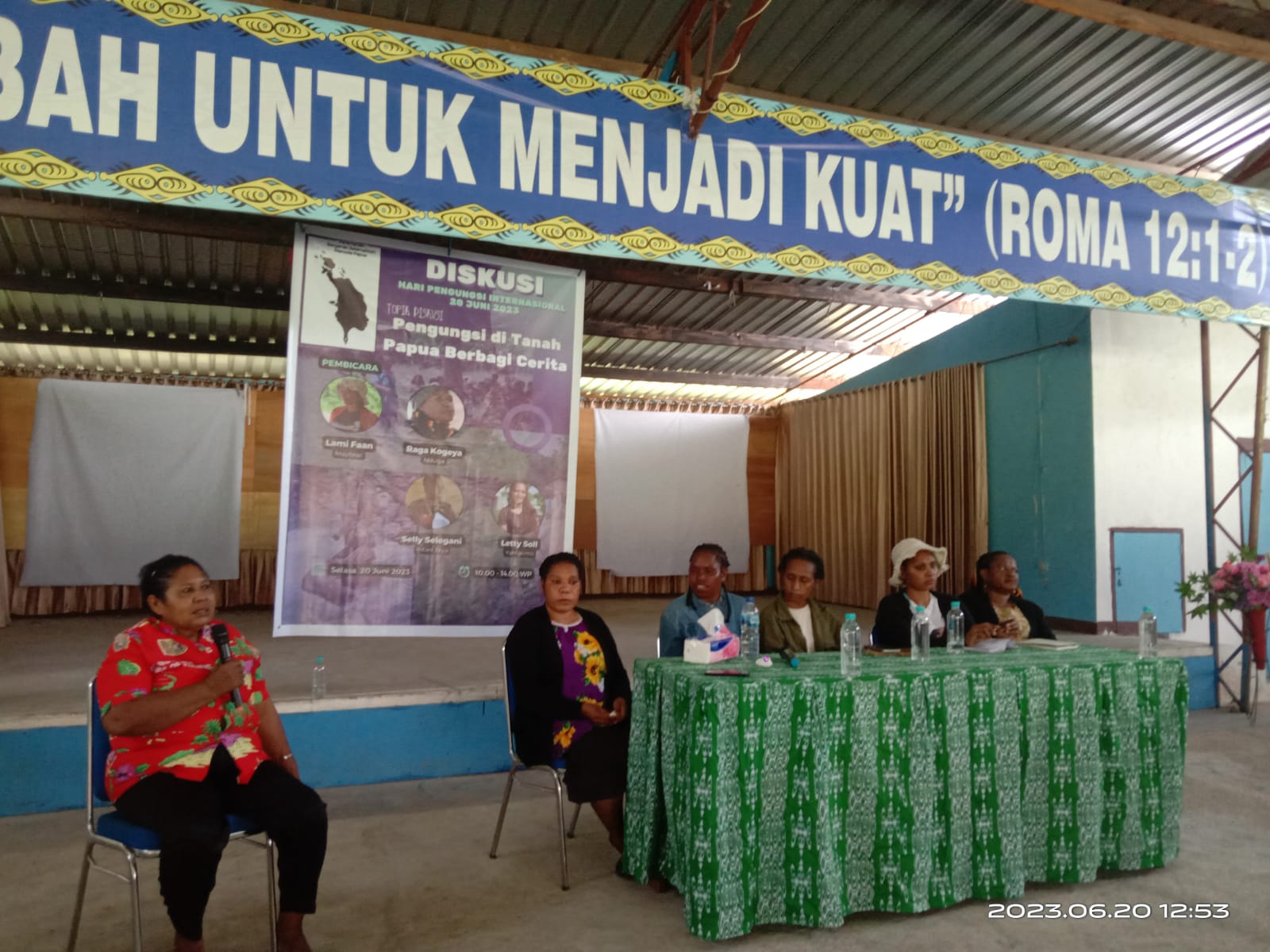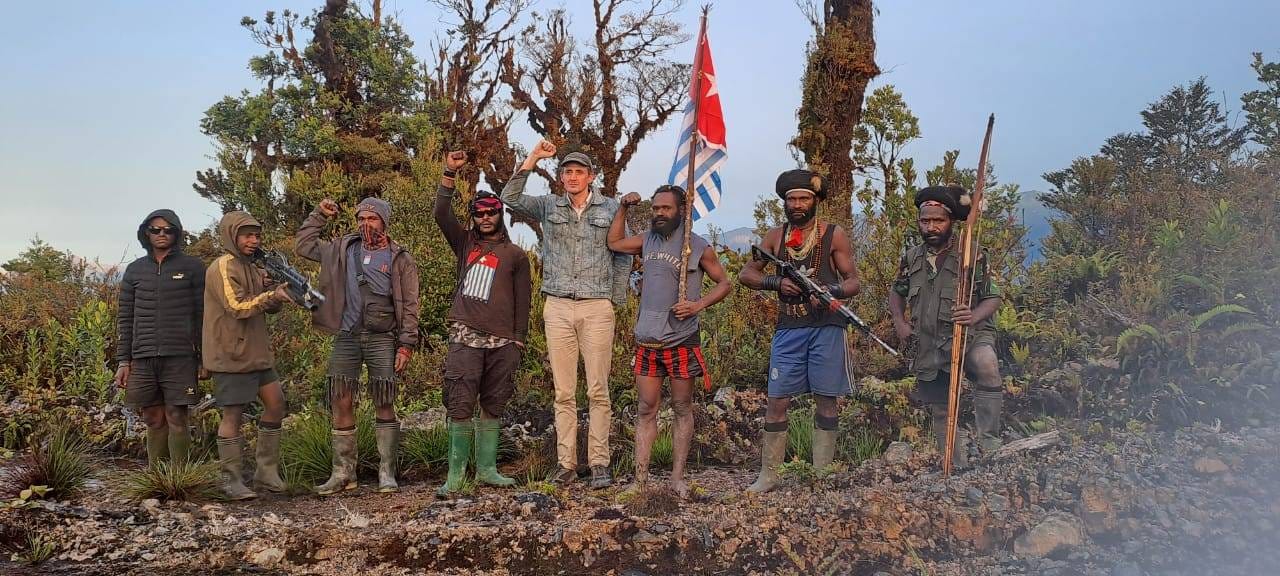
A group of women gathered around Sanggeng traditional market or precisely behind a bank office in Manokwari act differently. Faces covered by light blush on and lipstick, they are waiting for visitors.
Acting like sex workers, they offer sex for visitors but secretly and give on-location service only. These convert sex workers are not only migrants but native Papuan women as well. It’s more than ten indigenous women who work as sex workers there.
The fact is their rate is not very expensive. A customer can only spend two hundred thousand rupiahs for their service, while their safety is guaranteed because there are a group of men work as guards.
“There’s quite a lot of visitors. They come almost every day, from the morning till night,” a woman said.
She admitted that she has to work like this because she has no choice. She do it for her living.
Even though she didn’t tell about her house and family’s background, her situation has illustrated the terrifying condition behind the privileges of many programs offered by regional government offices of West Papua Province, especially for Papuan women.
A woman figure in West Papua Province Yuliana Numberi said that this group of women is a victim of social life.
“They have a right to live and to be empowered like other Papuan women who get attention from the government through the regional government programs on Tuesday (11/12/2018).
According to her, the practice of covert prostitute in this location is not a new issue. It has been occurring for a long time. However, there is no humanitarian approach taken by those who have concern for them.
“This group of women is those who neglected. We must see this as an issue that can be improved through a program and our mutual concern because they are doing it to meet their daily needs,” she said.
Moreover, the government, said Numberi, should not only pay attention to Papuan women who sell betel nuts, vegetables and fruits in the traditional market or on the roadside, but they must also help and treat sex workers in the same manner.
“It’s terrifying because they have the same right to live like women. So, I hope in the future the government through gendered perspective development policies can involve all women without determining their status, position, religion and race. The government should empower all women and make them a subject in their lives,” she said.
If viewed from a gender perspective, sex workers are the victims of the community’s social life.
“Unfortunately, we do not know when they have a problem with their reproductive health and healthy life, especially regarding the prevention of sexually transmitted diseases that risk their health,” she explained.
On the other hand, she continued, if they don’t work like this, who will support their life. Due to their background, she also hopes that the community will not exclude them from society, instead to embrace them to find out why they do this job.
“We maybe don’t know if they have children who need expenses, or their husbands are jobless, or actually, they are the victims of their household needs. Therefore, we must look forward to ensuring that everyone can access the empowerment program which means there are participation, controls and benefits that we can provide in empowering a woman in the community,” Numberi said. (*)
Reporter: Hans Kapisa
Editor: Pipit Maizier
















